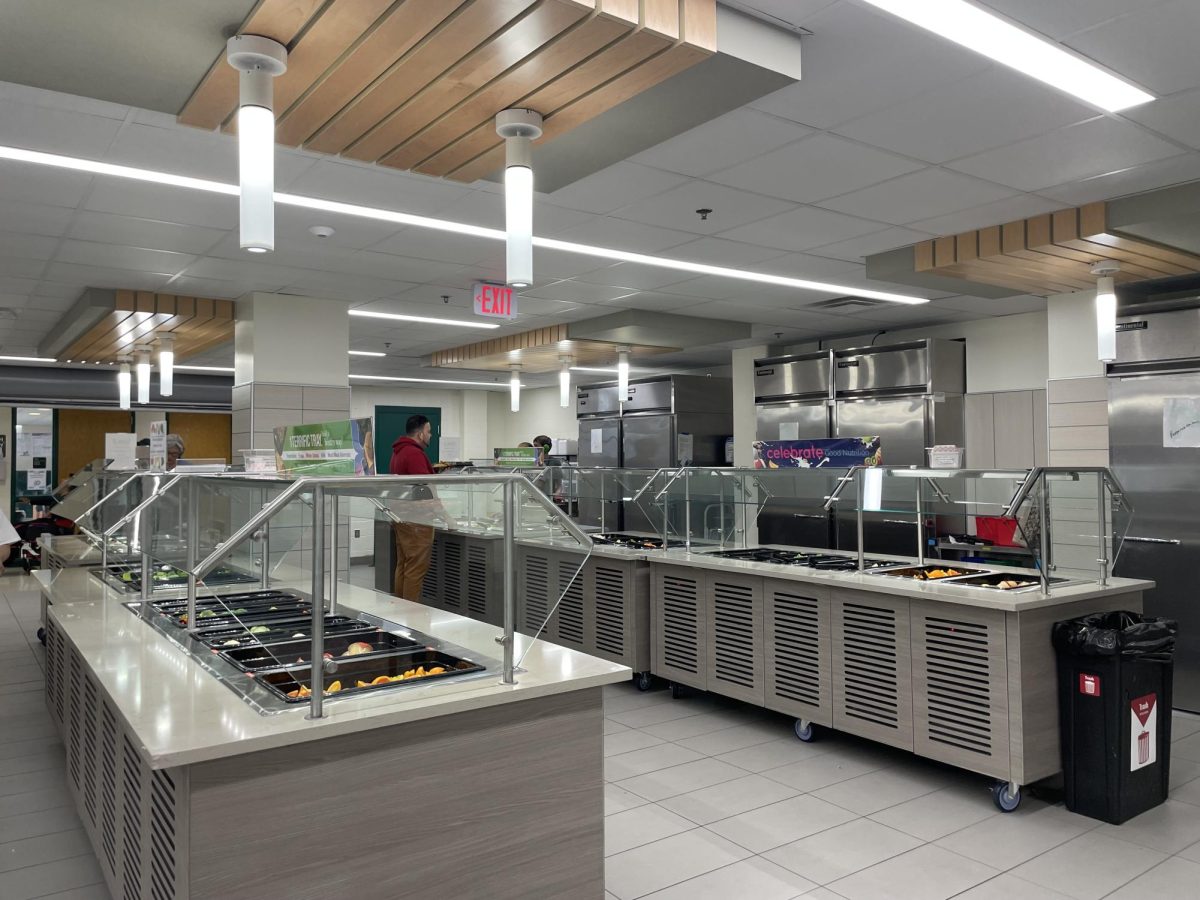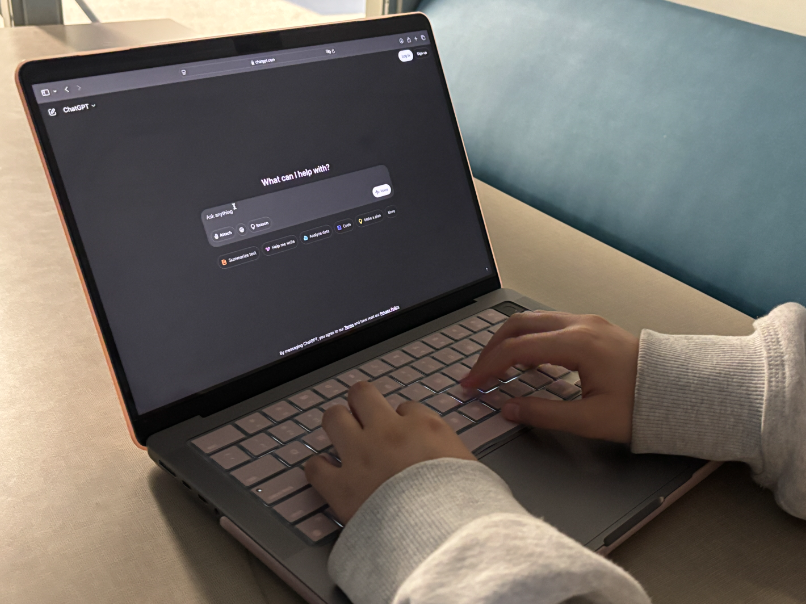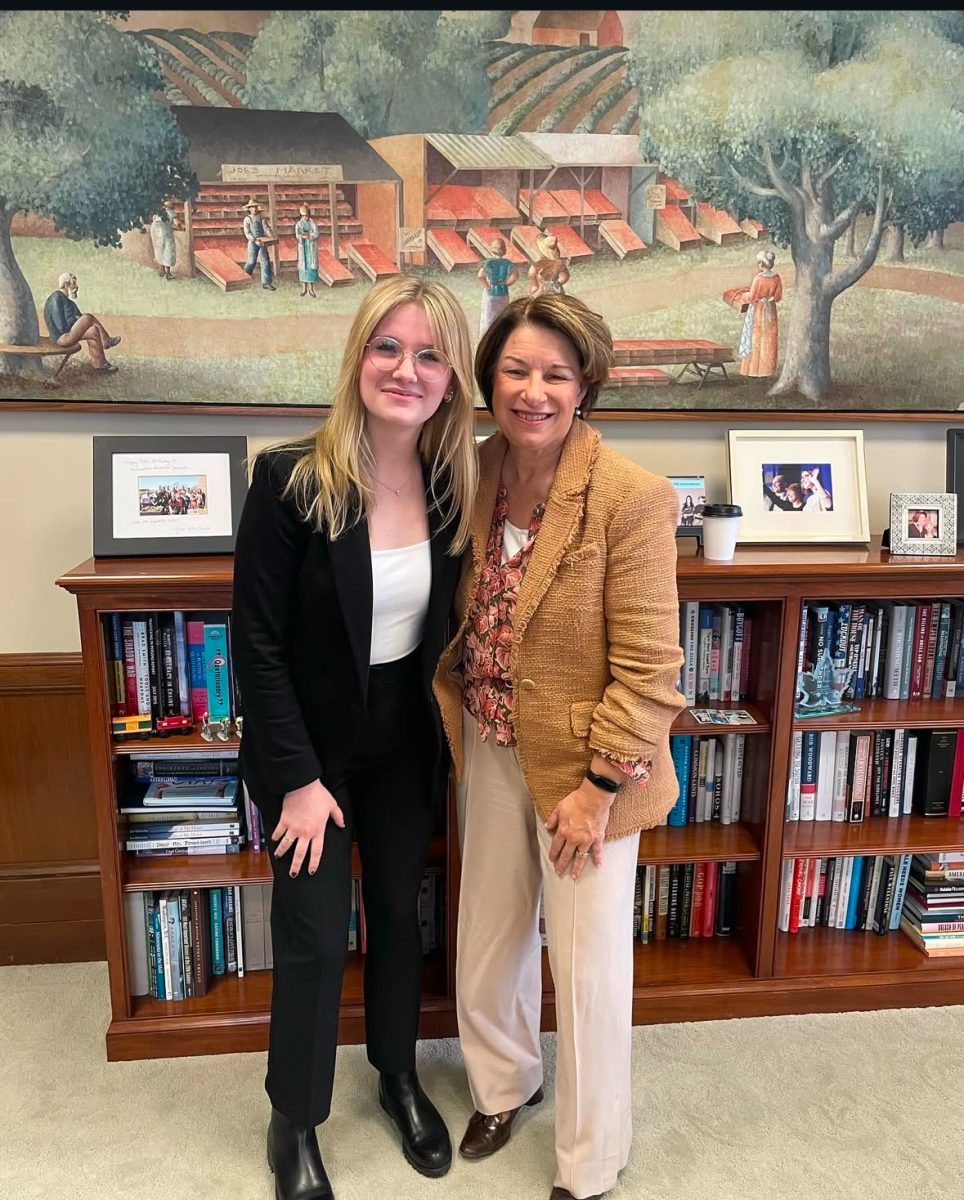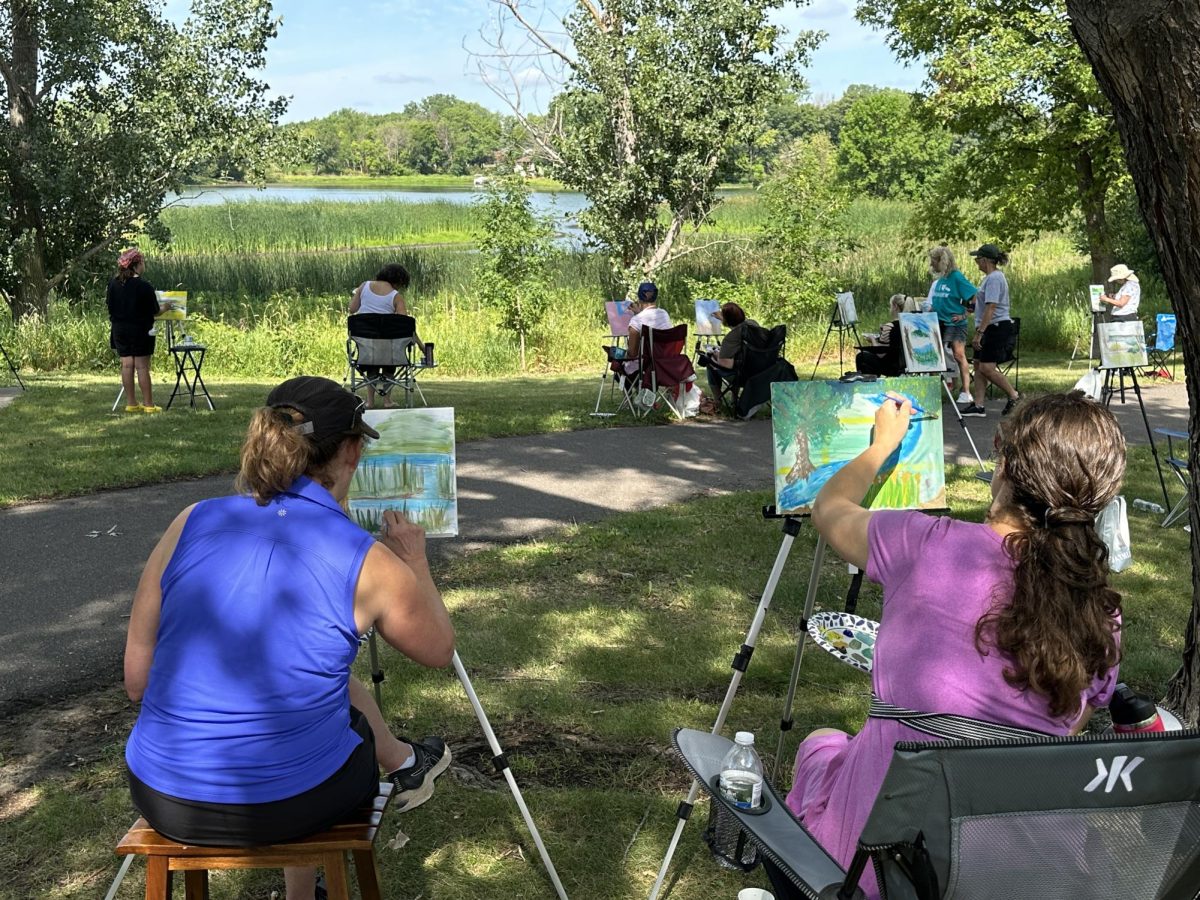In today’s world, learning a second language offers numerous opportunities, providing benefits like experiencing different cultures and increasing academic and career prospects. It can also create a sense of community between people of all diverse backgrounds, bridging cultural divides and promoting inclusivity.
According to a 2019 study by the British Academy, learning a second language can significantly boost a student’s cognitive abilities. In the study, bilingual children saw greater abilities to concentrate and were more efficient in completing tasks. Additionally, these cognitive improvements often lead to better academic performance, as many bilingual students demonstrate advanced problem-solving and critical thinking skills. For example, junior Alyssa Gatumbo found it challenging but rewarding to learn new pronunciation and grammar rules in Spanish. “It definitely has made me use my brain more, having to listen to the endings and figure out whether it’s female or male,” she said. “This is my fourth year of Spanish. I’ve loved learning about the different cultures behind the peoples that speak Spanish as well as learning how to speak the language.”
Beyond cognitive benefits, being fluent in a second language is of growing importance in the job market. “Knowing more than one language is really beneficial with global economies because so many jobs have opportunities [where] you could work in many markets, and even when you work from home in the states, you could have to collaborate with someone in another country,” said social studies teacher Carolynne Ladd. According to data from New American Economy, from 2010 to 2015, bilingual job opportunities grew by almost 40%. Learning a second language is an excellent way to stand out in the job market, increasing your chances of getting hired.
Furthermore, learning a new language can be a transformative experience, allowing people to create a deeper understanding of another culture. Beyond the classroom, it enables individuals to interact with native speakers when traveling to foreign countries, creating new connections between different cultures. “It’s like this lifelong thing, opening doors to worlds all around you. Instead of just checking it out for school, it’s more like ‘Oh my gosh, there’s people and places and food and cultures and traditions and all sorts of amazing things that I can do with language,’” said Spanish teacher Laura Rivers.
Taking a second language is more than just an extra class. It enhances cognitive abilities, fosters academic success and opens up a world of cultural experiences that deepen our understanding of different communities. By learning a second language, students are better prepared to engage with today’s modern, interconnected world.














![[DEBATES] Prestigious colleges: value or hype?](https://www.mvviewer.org/wp-content/uploads/2024/12/buildings-1200x654.png)































![[OPINION] The dark origins of TikTok's looksmaxxing trend](https://www.mvviewer.org/wp-content/uploads/2024/02/Copy-of-Copy-of-Untitled-Design-1200x675.png)










